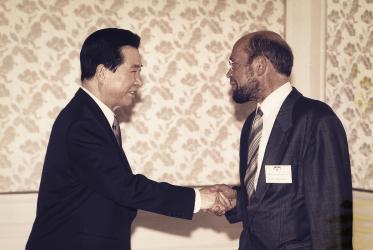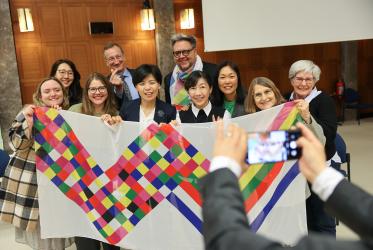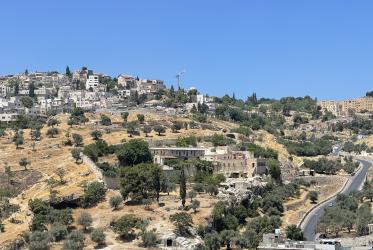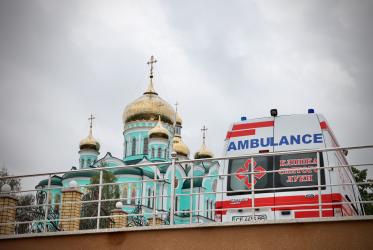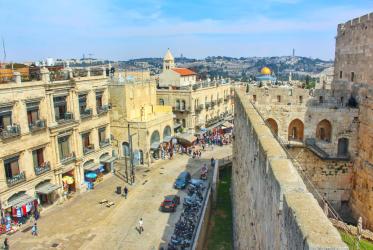Displaying 1 - 20 of 26
16 January 2024
Ukraine: Responding to humanitarian need
08 September 2022
“My hope is in you”—youth in the Holy Land carry the future
17 August 2022
Monastery in Ukraine responds to the consequences of war
09 August 2022

